7 Things Japan Does That Confuses Foreigners
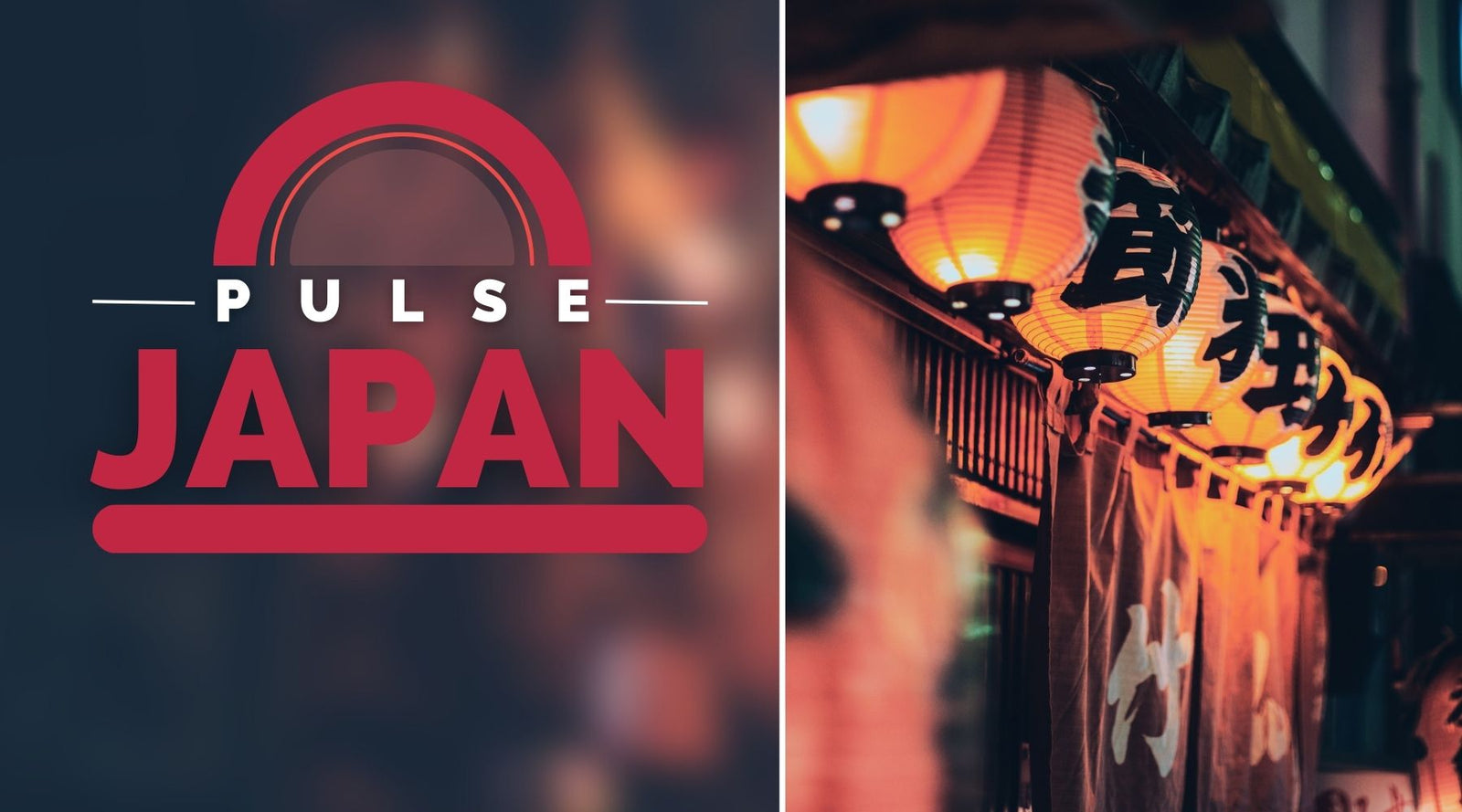
Japan is a fascinating country with a rich cultural heritage and stunning natural beauty. From the bustling streets of Tokyo to the serene temples of Kyoto, Japan has something to offer every traveler. However, for foreigners visiting or living in Japan, certain aspects of Japanese culture and society can be confusing or even shocking. In this blog post, we'll explore seven things that Japan does that often leave foreigners scratching their heads.
Cultural differences between Japan and other countries can lead to misunderstandings and confusion. What may seem normal or polite in one culture might be considered rude or inappropriate in another. By understanding these differences and approaching them with an open mind, foreigners can better navigate the unique challenges of living in Japan.
Workload Overload
One aspect of Japanese work culture that often surprises foreigners is the intense workload and long hours. In Japan, it's not uncommon for employees to work late into the night, sometimes even sleeping at the office. This dedication to work is deeply ingrained in Japanese society, with many companies expecting their employees to prioritize work over personal life.
For foreigners used to a better work-life balance, this workload overload can be overwhelming. John, an American expat living in Tokyo, shares his experience: "When I first started working in Japan, I was shocked by how much my colleagues worked. They would often stay at the office until midnight or later, even if they had finished their tasks for the day. It took me a while to understand that this was just part of the culture here."
The impact of this workload on mental health and family life can be significant. Many Japanese workers struggle with stress, burnout, and even depression due to the intense pressure to perform. Foreigners may find it challenging to adapt to this work environment, especially if they value their personal time and relationships outside of work.
Strictness in Broken English
Another puzzling aspect of Japanese culture for foreigners is the insistence on speaking English, even when the foreigner can speak Japanese. This phenomenon is particularly common in service industries, such as restaurants and hotels, where staff may greet customers with a cheerful "Hello!" or "Welcome!" in heavily accented English.
While this might seem like a friendly gesture, it can be frustrating for foreigners who have spent time and effort learning Japanese. Sarah, a British expat in Osaka, recalls her experience: "I've been studying Japanese for years, and I can hold a conversation pretty well. But whenever I go to a restaurant or shop, the staff always speak to me in broken English, even when I reply in Japanese. It's like they don't believe that a foreigner could possibly speak their language."
There are several possible reasons for this behavior. One is that Japanese people may feel more comfortable speaking English, even if their skills are limited, as it allows them to maintain a certain level of formality and distance. Another reason could be that they assume foreigners would prefer to speak English, regardless of their Japanese proficiency. Additionally, some Japanese people may view speaking English as a way to practice their language skills or show off their international knowledge.
Bowing Etiquette
Bowing is a fundamental part of Japanese culture, serving as a way to show respect, express gratitude, or apologize. However, the intricate rules and meanings behind different types of bows can be confusing for foreigners.
In Japan, there are three main types of bows: the informal 15-degree bow, the semi-formal 30-degree bow, and the formal 45-degree bow. The depth, duration, and context of the bow all convey specific messages. For example, a deeper bow held for a longer time indicates a higher level of respect or a more serious apology.
Foreigners who are unfamiliar with these nuances may inadvertently offend or embarrass themselves by bowing incorrectly. Michael, an Australian tourist in Tokyo, shares his story: "I was at a business meeting with some Japanese colleagues, and when it was time to say goodbye, I gave a quick, shallow bow. I later found out that this was considered rude and that I should have given a deeper, more prolonged bow to show my respect. It was a real cultural faux pas."
Politeness vs. Directness
Japanese communication style is often characterized by indirect politeness, which can be a stark contrast to the more direct approach common in Western cultures. In Japan, people tend to avoid confrontation and prefer to maintain harmony by using subtle cues and indirect language.
For foreigners used to speaking their minds directly, this indirect communication style can be challenging to navigate. They may find it difficult to read between the lines or understand the true meaning behind a polite phrase. On the other hand, Japanese people may perceive the direct communication style of foreigners as rude or aggressive.
Emily, a Canadian English teacher in Japan, shares her experience: "When I first started teaching, I would give my students direct feedback on their work, pointing out their mistakes and areas for improvement. However, I quickly realized that this approach was making my students uncomfortable. They preferred a more gentle, indirect approach, where I would praise their efforts first before suggesting ways to improve."
To bridge this cultural gap, foreigners in Japan can try to be more attuned to non-verbal cues and use more indirect language when communicating with Japanese people. At the same time, it's important for Japanese people to understand that foreigners may not always pick up on subtle hints and that a more direct approach may be necessary in certain situations.
Public Behavior Expectations
Japan is known for its orderly and polite society, with strict expectations for public behavior. From quiet train rides to orderly queuing, Japanese people place a high value on maintaining social harmony and avoiding disruptions.
For foreigners who come from more relaxed or individualistic cultures, these expectations can feel confining or even oppressive. They may find it strange that people don't speak loudly on their phones in public, or that eating while walking is considered rude.
David, an American studentstudying abroad in Japan, shares his experience: "I was on the train one day, and I started eating a snack I had just bought from the convenience store. Suddenly, I noticed people around me giving me disapproving looks. I later learned that eating on the train is considered rude and that I should have waited until I got off at my stop."
Other public behavior expectations in Japan include not littering, not smoking while walking, and not blowing your nose in public. While these rules may seem excessive to foreigners, they are deeply ingrained in Japanese culture and serve to maintain a clean, orderly, and respectful society.
Food Etiquette
Japanese cuisine is renowned for its delicious flavors and beautiful presentation, but it also comes with its own set of unique customs and etiquette. For foreigners, navigating these food-related rules can be a minefield of potential faux pas.
One of the most well-known Japanese food customs is the use of chopsticks. While many foreigners may be familiar with using chopsticks, they may not be aware of the specific etiquette surrounding them. For example, it's considered rude to point with your chopsticks, leave them standing upright in your rice, or pass food from one set of chopsticks to another.
Another custom that often surprises foreigners is the practice of slurping noodles. In Japan, slurping your noodles loudly is a sign that you're enjoying your meal and is considered a compliment to the chef. However, for those used to eating quietly, this can be an uncomfortable adjustment.
Sharing dishes is also common in Japanese dining, with many meals consisting of several small plates meant to be shared among the group. Foreigners who are used to ordering individual entrees may find this style of dining confusing or even frustrating, especially if they have dietary restrictions or preferences.
Lisa, a vegetarian traveler from the UK, shares her story: "I was at a restaurant with some Japanese friends, and they ordered several dishes for the table to share. I had to keep asking what each dish contained to make sure there was no meat, and I felt like I was being a burden. It would have been easier if I could have just ordered my own vegetarian meal."
Conclusion
Living in or visiting Japan can be an incredibly rewarding experience, but it's not without its challenges. From the intense work culture to the intricate social customs, foreigners may find themselves confused or overwhelmed by the many differences between Japanese society and their own.
However, by approaching these differences with an open mind and a willingness to learn, foreigners can gain a deeper appreciation for the rich cultural heritage of Japan. Whether it's mastering the art of the bow, learning to communicate with indirect politeness, or embracing the custom of slurping noodles, each new experience offers an opportunity for growth and understanding.
It's important to remember that cultural awareness and sensitivity go both ways. Just as foreigners should make an effort to understand and respect Japanese customs, Japanese people should also be understanding of the cultural differences that foreigners bring with them. By fostering a spirit of mutual respect and open communication, we can bridge the gap between cultures and create a more harmonious global community.












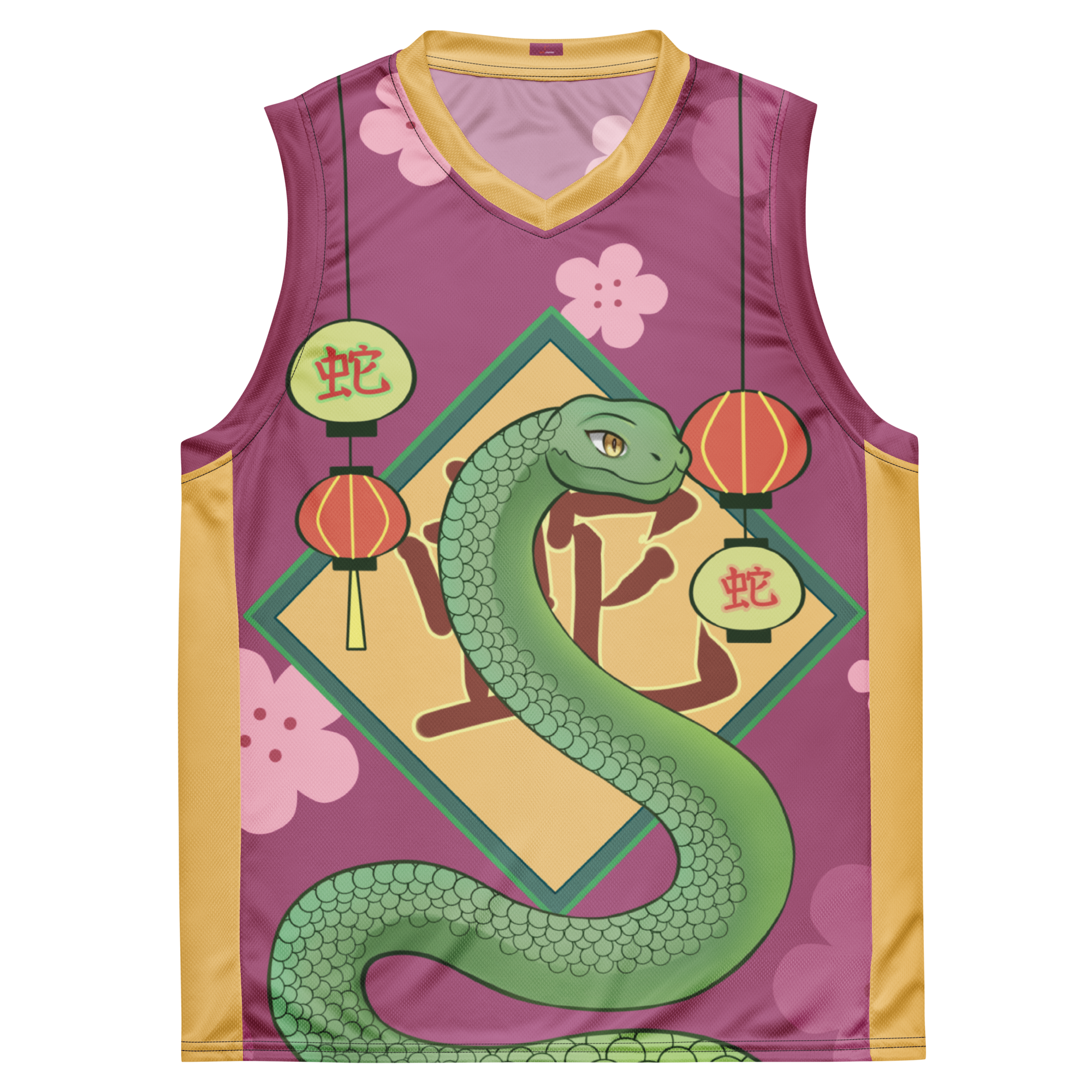
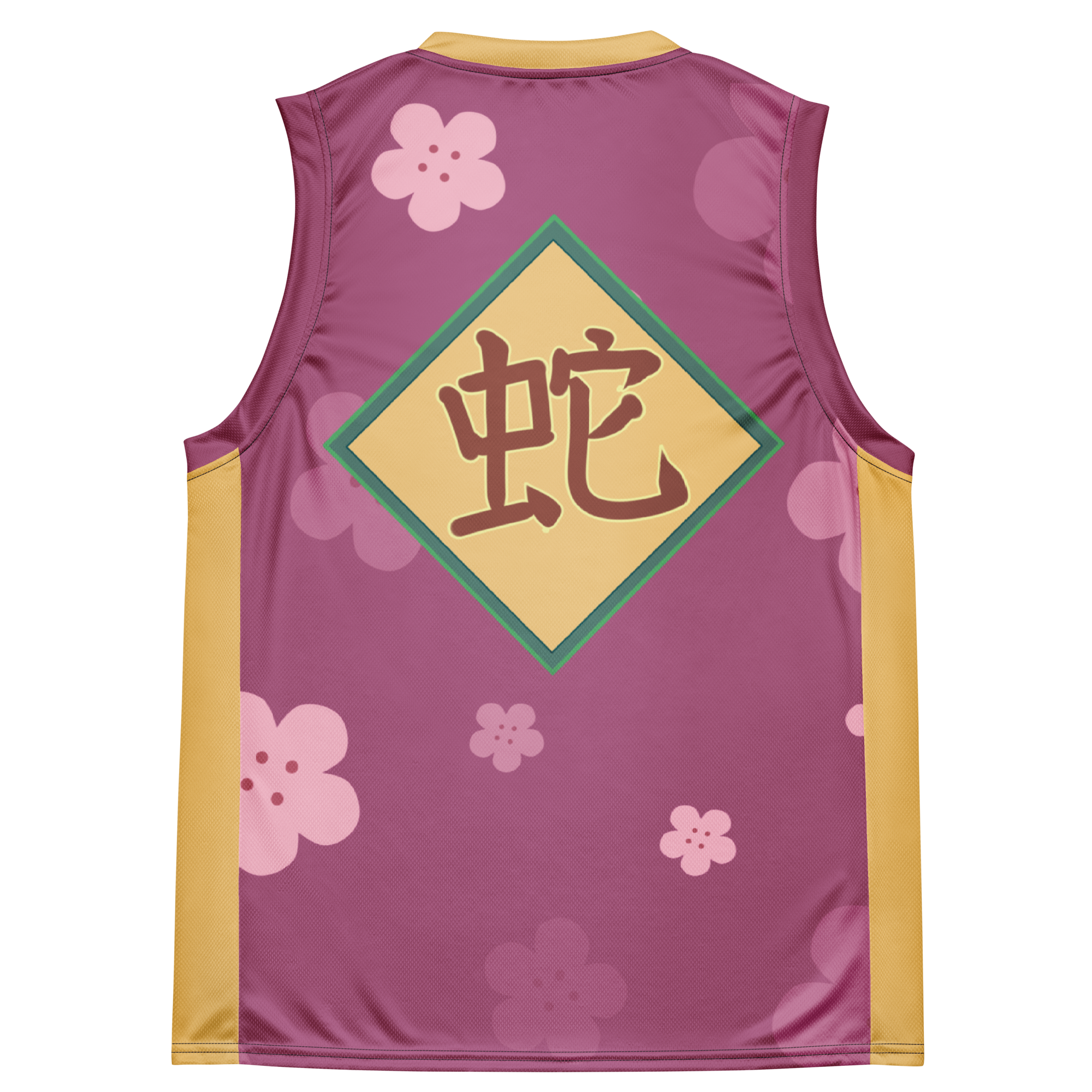
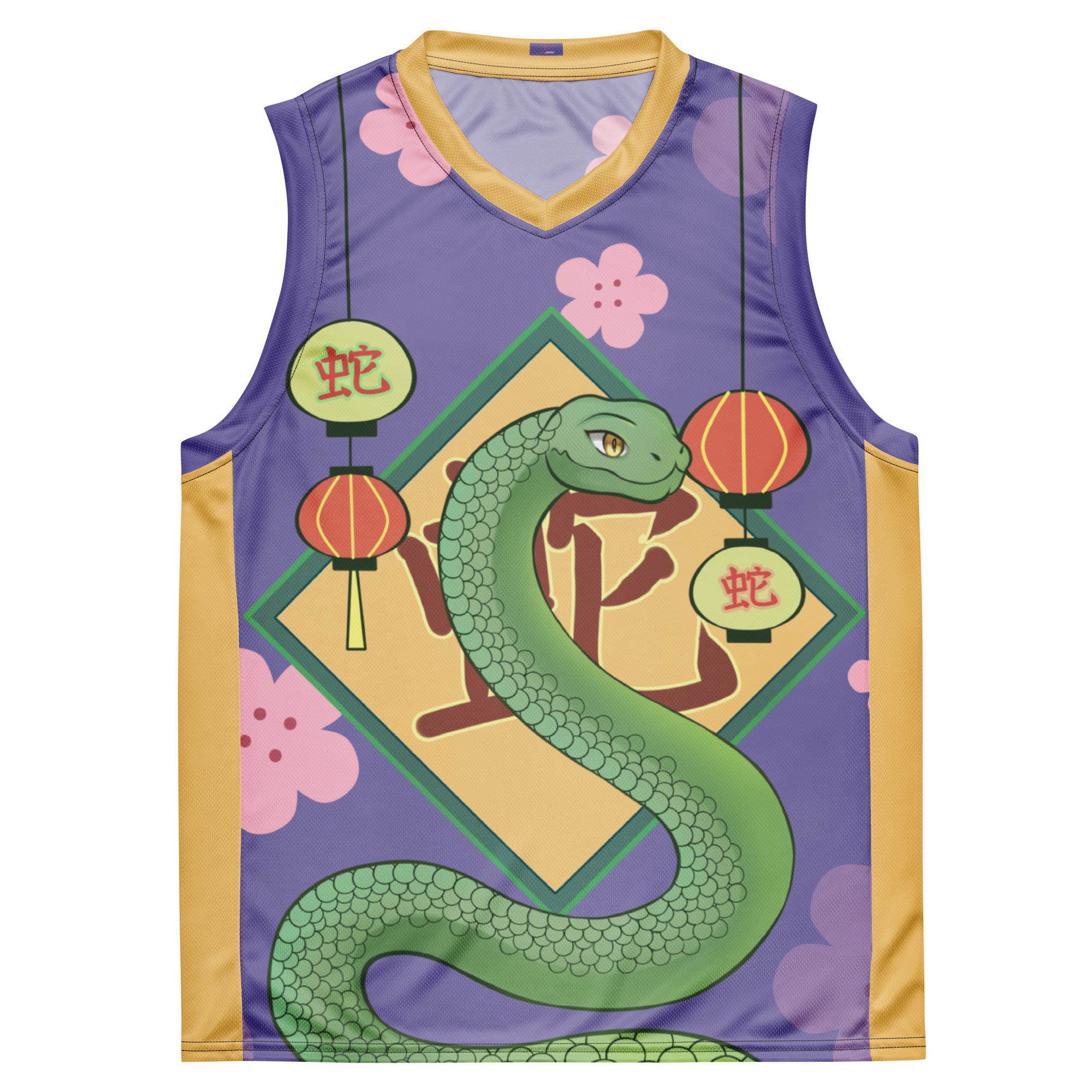
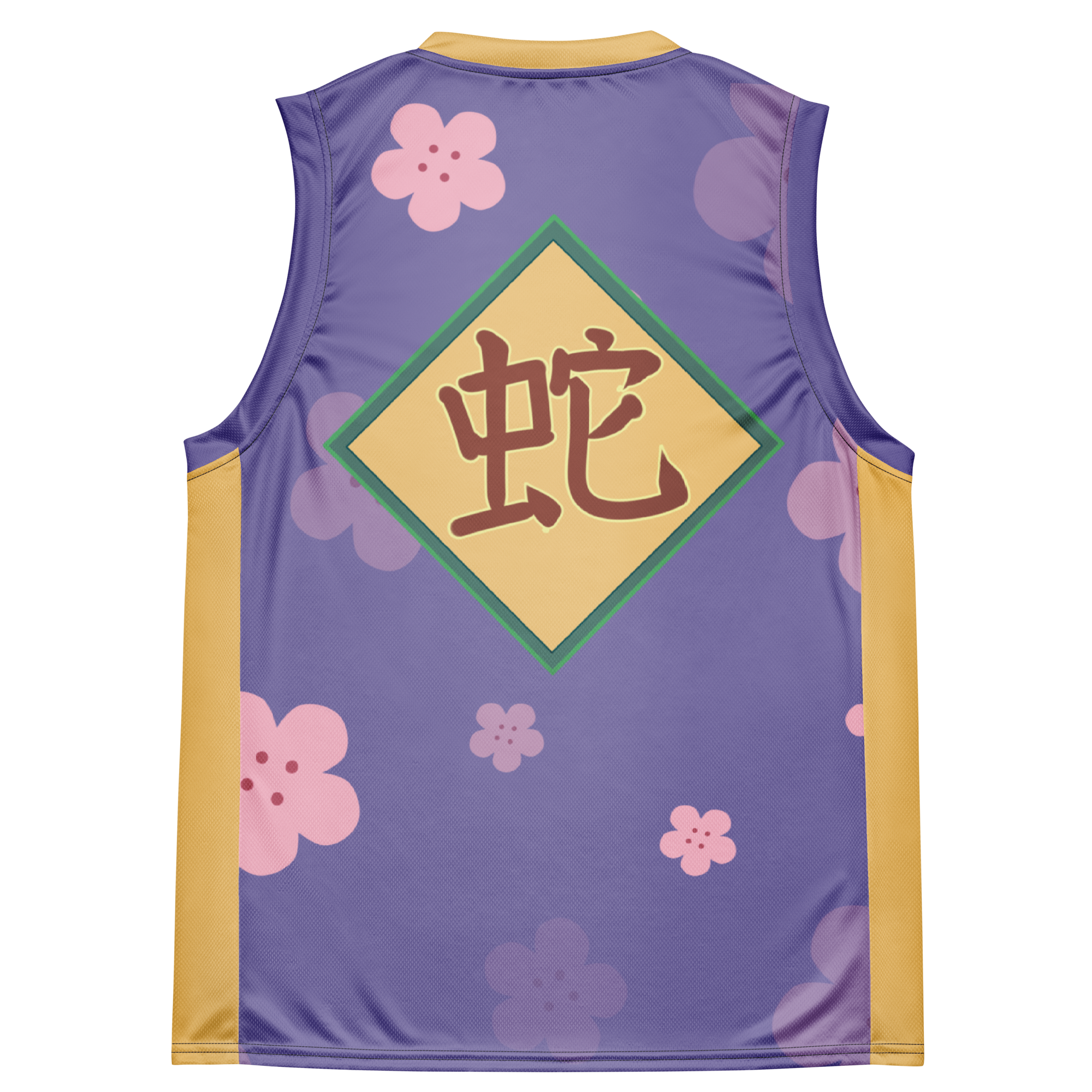

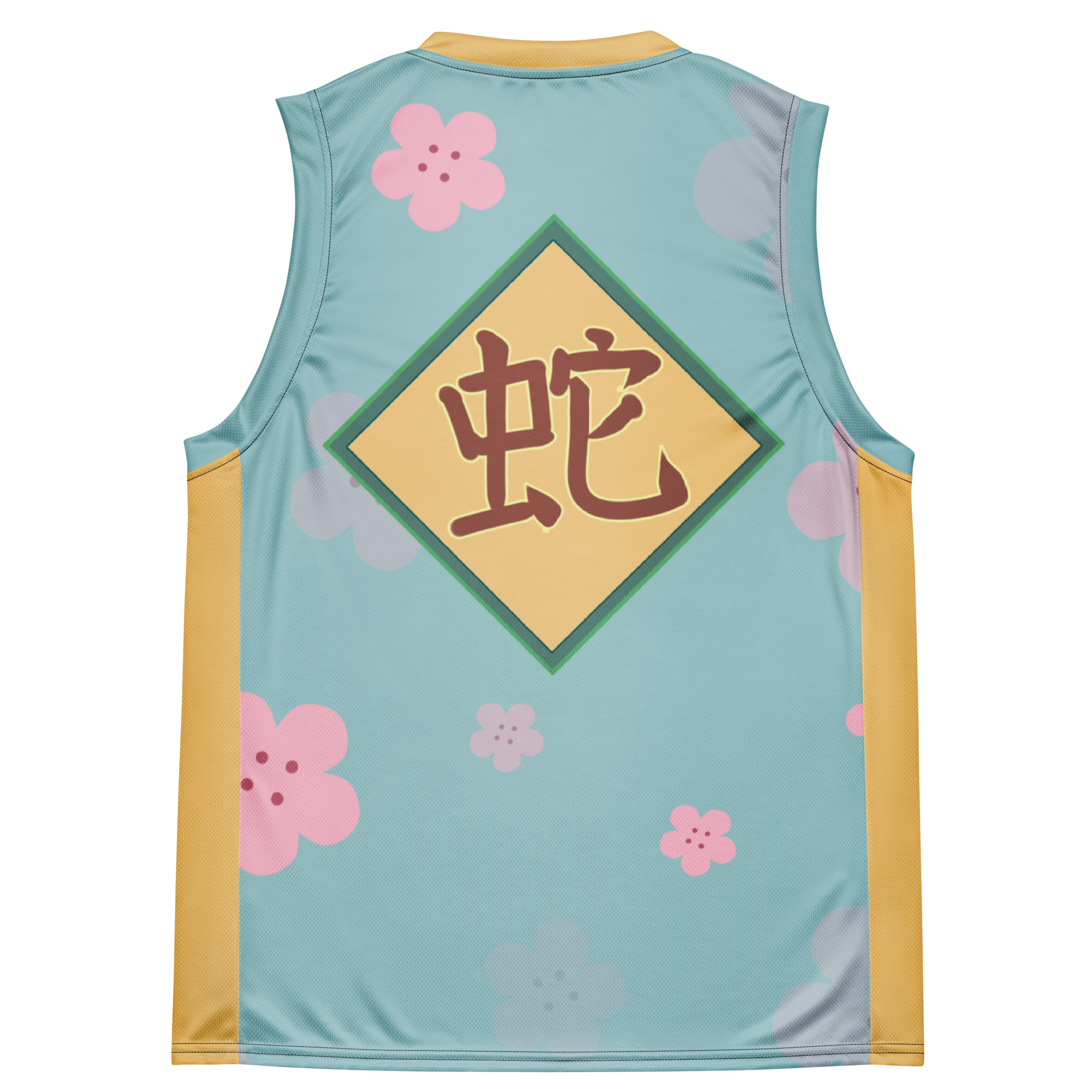
















Leave a comment